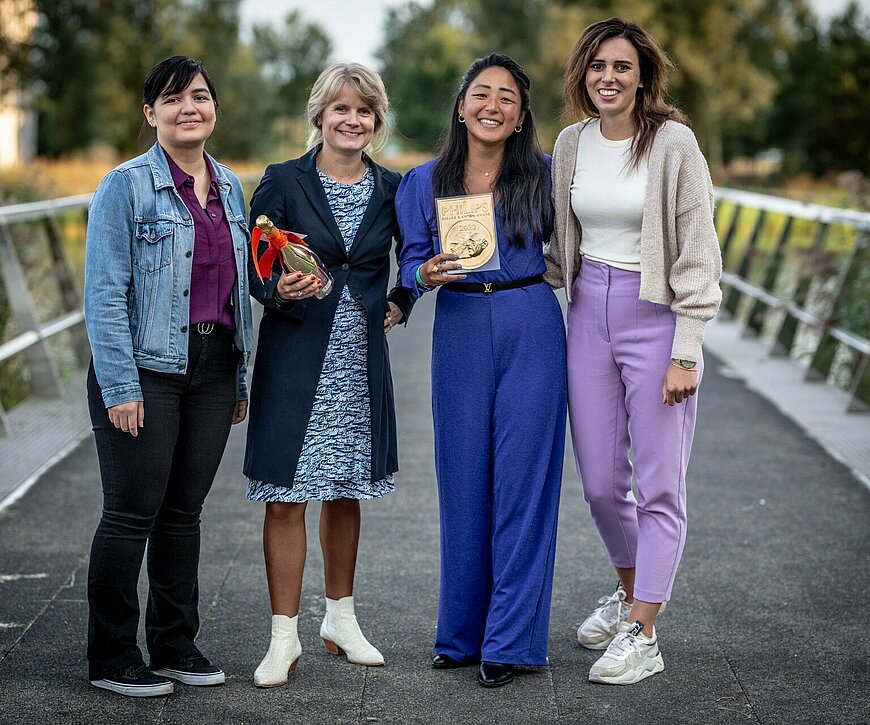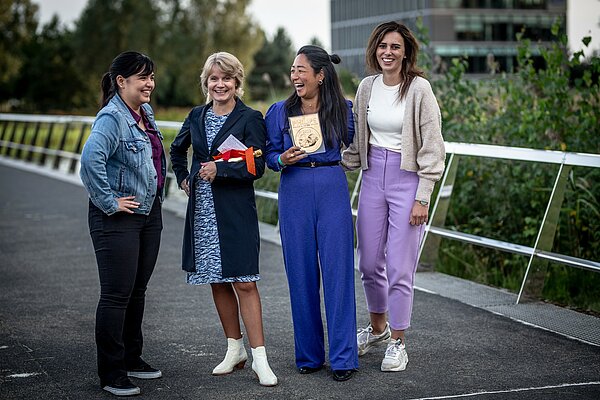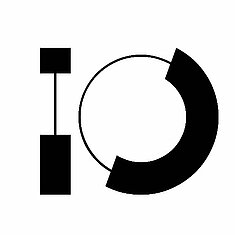Thanks to VivArt-X’s regenerated breast tissue, life for women after mastectomy gets a lot better

Innovation Origins spotlights the winners of the Gerard and Anton Awards 2023. This edition: VivArt-X.
Many good ideas arise from surprise or even frustration with an existing situation. Such is the case at VivArt-X. Dan Jing Wu and her colleagues saw a large gap between laboratory developments and their practical implementation in the clinical setting. Recognizing this gap as an opportunity for impact, VivArt-X was founded with the mission to bridge it and "accelerate the translation of regenerative medicine research into tangible solutions for patients."
At VivArt-X, the focus is on regenerative medicine. "Leveraging our academic background combined with the latest advances in medical technology, VivArt-X strives to develop cutting-edge products that can significantly improve patients' lives. With a deep understanding of the scientific and medical aspects, we aim to provide personalized, effective and sustainable solutions for patients on their road to recovery."
And that is much needed, as about half of the 2.3 million breast cancer patients worldwide must have cancerous tissue removed and require reconstructive breast surgery. The outcome is often far from optimal. For Dan Jing Wu, that observation was also the immediate start for VivArt-X. Following her Gerard & Anton Award, we spoke to her.
What is your ultimate big goal?
Regenerative material solutions for women's health. The primary focus is on breast tissue regeneration, but eventually many other applications should emerge. VivArt-X is developing synthetic support materials for specific cell therapies. We want to use this to revolutionize reconstructive breast surgery for women who have had breast tissue removed after being diagnosed with breast cancer.
What playing field do you operate in?
Our product is officially a medical device because the regenerative material is considered an implant. With our product, we can help breast cancer patients recover breast tissue in a healthy way after amputation.

How do you see developments in your sector in the coming years?
The MedTech field focuses on devices, smart sensors and diagnostics; in addition, regenerative medicine - our field of work - is on the rise. We foresee that within the MedTech field, biomedical materials research for regenerative medicine will boom.
What was the main bump in your development for you?
Team expansion. Developing a medtech product in regenerative medicine involves a lot. This requires a team with deep and diverse expertise. To achieve this, it requires funding and a strong business plan. This has all been accomplished, and within just over six months of its founding.
What is your biggest success to date?
Raising funding within a year to turn our academic concept of tissue regeneration with new materials into a development phase to a therapy for patients.
How do you make the most of Brainport Eindhoven's ecosystem?
In the area of entrepreneurship: supporting academic concepts into a business. The interplay between the various stakeholders is inspiring to us. We were able to make use of parties such as the university environment (TU/e), BOM, Province of Brabant, Brainport Development, Stimulus, SBMC and various incubator programs. These all help to accelerate a company to start developing products for patients.
What is still missing in this region in terms of the ideal conditions for your development?
The region is mainly focused on high-tech and there is an enormous amount of knowledge about that thanks to the big players such as ASML, TNO and Philips. Our branch is mainly focused on life sciences and healthcare; the repair of the human body with chemistry and biology. This can be done through drug development but also with soluble implants. Hopefully this part of the medical industry will also grow in this region due to the many developments in biomaterials and regenerative medicine.
Which former winner of the Gerard & Anton award is your favorite startup?
Ambagon; we admire how they have made huge strides in drug discovery. It started as basic, academic research and has now grown into a large company.
